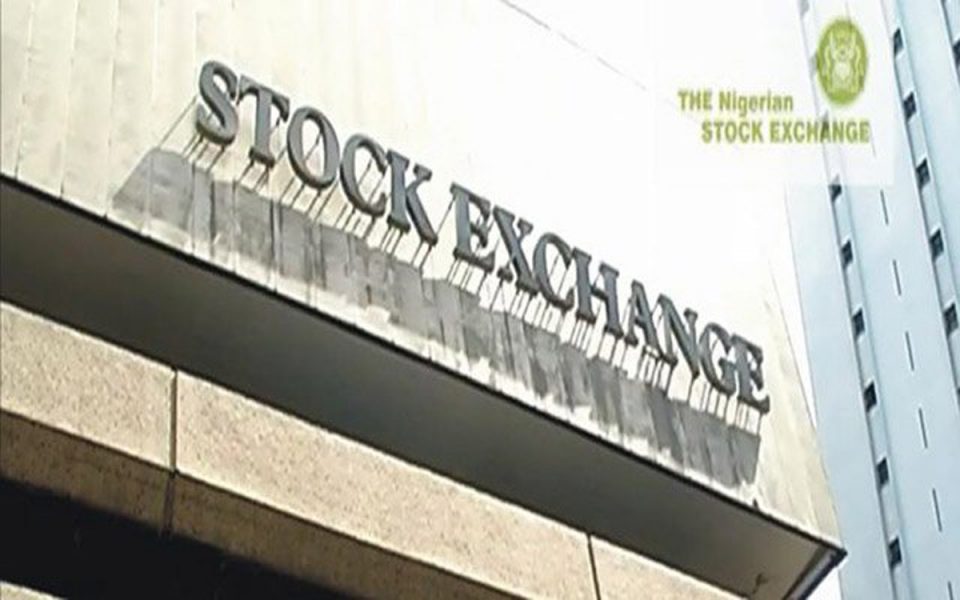- Equities gain N896b in April surprise rally
- Economic fundamentals weak
Investors in Nigerian equities closed weekend with net capital depreciation of about N1.845 trillion after a surprise rally in April netted N896 billion in capital gains. Investors had recorded net loss of about N2.68 trillion in the first quarter of the year.
Average return for the Nigerian equities market stood at -14.24 per cent at the weekend, an improvement of 6.46 percentage points on -20.7 per cent recorded at the end of the first quarter.
The benchmark index for Nigerian equities, the All Share Index (ASI) of the Nigerian Stock Exchange (NSE), closed weekend at 23,021.01 points as against 26,842.07 points recorded at the beginning of the year. It had closed March, first quarter, at 21,300.47 points.
Most investment pundits however were cautious that the April rally might be a “dead cat bounce”, a tricky market phenomenon that intermittently intervenes with seeming rally to spur on a declining market.
“As risks remain on the horizon, following the increasing number of COVID-19 cases in Nigeria and as economic fundamentals remain weak, we continue to advise investors to trade cautiously and seek only fundamentally justified stocks,” Cordros Securities, a major dealing firm at the stock market, stated at the weekend.
Chief Operating Officer, GTI Capital, Mr. Kehinde Hassan, said the outlook for the stock market in the second quarter remains cautious citing expected negative impact of Coronavirus on corporate earnings, precarious foreign exchange position, weak fiscal position and general uncertainty around COVID-19 timeline and post-COVID-19 recovery.
He said liquidity squeeze from expected contraction in disposable incomes may trigger a revaluation in the weeks ahead.
Chief Executive Officer, Sofunix Investment and Communications Limited, Mr Sola Oni said the April performance showed the resilience of the Nigerian stock market as investors sought to take advantage of undervalued shares in forward-looking positions.
He however noted that the outlook for the market depends on many uncertain variables, including post-COVID economic management strategies.
Sectoral analysis indicated that several investors had recorded above-average losses with investors in consumer goods stocks losing more than one-thirds of their portfolios. The NSE Consumer Goods Index posted a four-month return of -37.40 per cent for the period ended April 30, 2020.
The NSE Banking Index recorded average return of -23.90 per cent. The NSE Oil and Gas Index showed average decline of 20.34 per cent. The NSE Industrial Goods Index dipped by 5.86 per cent while the NSE Insurance Index declined by 3.13 per cent.
Aggregate market value of all quoted equities at the NSE closed weekend at N11.997 trillion as against N12.958 trillion recorded at the beginning of this year.
The difference between the ASI, which doubles as Nigeria’s sovereign equities index, and the aggregate market value was due to unabsorbed increase due to new listings during the period.
Based on market values, both the ASI and market capitalisation are correlated indices and without new listing or delisting, usually move simultaneously in the same direction.
But the ASI is weighted, and as such adjusted for effect of new listing while the market capitalisation is a straight-line summation of share prices and issued shares. Thus, where the ASI and market capitalisation differ, the ASI is widely regarded as the true representation of the market condition.
Investors had lost about N2.56 trillion or an average of 18.75 per cent in March, the first month after the country recorded its first confirmed case of Coronavirus.
Nigeria recorded its first confirmed Covid-19 case on February 27, 2020. Confirmed Covid-19 cases closed April at 1,932. Nigerian equities had lost N1.35 trillion in February with average decline of 9.11 per cent, counterbalancing net capital gain of N966.7 billion that accrued in January 2020.
The four-month negative performance further compounded the outlook for Nigerian equities, which had suffered two consecutive declines in 2019 and 2018.
Investors in Nigerian equities had lost about N1.71 trillion in 2019 with negative average full-year return of -14.60 per cent. The ASI had recorded negative average full-year return of -17.81 per cent in 2018.
The 2019 negative performance marked the fifth negative closing in six consecutive years. After a celebrated positive return of 42.3 per cent in 2017, the market had reversed to negative in 2018 with average full-year return of -17.81 per cent. The stock market had been on a losing streak since 2014.
Investors lost N1.75 trillion in 2014 and followed this with another loss of N1.63 trillion in 2015. Against the general expectation that political transition and new government will quicken a rebound, equities closed 2016 with a net capital loss of N604 billion.




